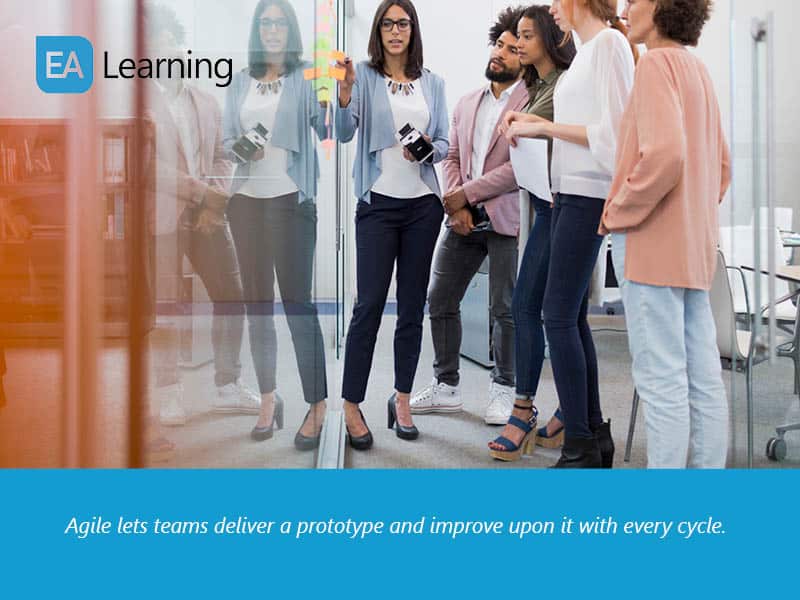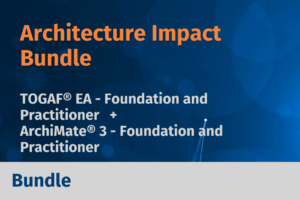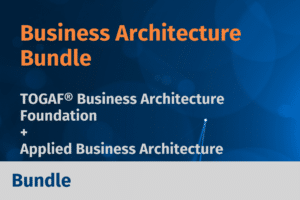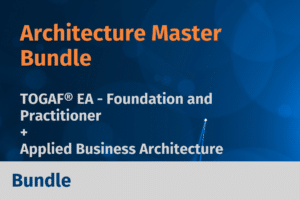The Agile Methodology movement growing at a rapid pace which has largely been driven by the need to adapt to today’s fast-changing and customer-driven environment. The Agile Methodology is an approach which adopts tools and techniques that assist in developing better products. Agile does this by meeting customers needs through the early and continuous delivery of valuable solutions. Agile is not about adherence to any specific set of practices or frameworks; Agile is a mindset, a culture, and a way of thinking, and responding to change in organisations.

What is Agile?
Agile is a mindset or methodology that attempts to apply the values and principles found in the Agile Manifesto. Although initially written for software development, Agile has successfully been applied across many other industries.
What is Agile Methodology?
When asking the question “what is agile methodology” it is important to note that many of the individual principles and practices that are promoted by Agile development have been around for years, even decades. As opposed to implementing these best practices piecemeal, agile methodology has “packaged” various customer, management, and in some cases, engineering practices and principles together in a way that helps guide teams through the process of rapidly planning and delivering working, tested software. Each agile methodology combines both old and new ideas into refinements that are certainly greater than the sums of their parts.
Agile Methodology Overview
When looking at the Agile Methodology Overview we start with the Agile Methodology Definition. The Agile Methodology Definition is: A development of methodologies base on iterative and incremental development, where requirements and solutions evolve through collaboration between self-organising, cross-functional teams. Agile methodology came about because rigid, sequential software development methods couldn’t keep up with rapidly changing requirements and priorities. Agile methodology began appearing in the early 1990s as the software industry exploded. In 2001, software development leaders met to discuss shared ideas and various approaches to software development. By the end of that meeting, they had written the Agile Manifesto.
The Agile Manifesto describes 4 values common to all agile methods. While agile agrees with the values in traditional methods, it believes more value is found in:
- Individuals and interactions
- Working software
- Customer collaboration
- Responding to change
Agile Project Methodology
Agile Project Methodology focuses on continuous improvement, scope flexibility, team input and delivering essential quality products. Agile Project Methodology is a value driven approach that enables project managers to deliver high priority, high quality work more efficiently.
Agile methodology steps
At a high level, Agile Methodology Steps can be broken down into 5 steps.
The 5 Agile Methodology Steps:
- Define: Determine what work will be done in the current iteration
- Design: Plan how to build the requirements into a product
- Build: Make the design a reality
- Test: Verify the product functions as designed
- Release: Give the product to the customer
Agile Methodology Phases
At a high level, Agile Methodology Phases can be broken down into 5 phases.
The 6 Agile Methodology Phases
- Concept: Projects and the viability are envisioned and prioritised according to importance.
- Inception: A team is brought together, team members are individually identified, a fund is put in place and any initial requirements are discussed and decided.
- Iteration/Construction: The project team begins to work on the project’s development using software implemented with the agile method focusing on iteration requirements and feedback.
- Release: Quality testing, training, both internal and external and documentation and reporting are put into production.
- Production: The Agile methods helps to keep track of your project and make sure it is constantly optimised and ready to bounce back from any sudden changes or uncertainties.
- Retirement: End-of-life activities.
What are the Benefits of agile methodology?
There are many benefits of agile methodology, below are 5 of the main benefits of agile methodology.
- Higher product quality
- Higher customer satisfaction
- Increased project control
- Reduced risks
- Faster ROI
EA Learning has a globally renowned Agile courses available. Please contact us for more information.




































































